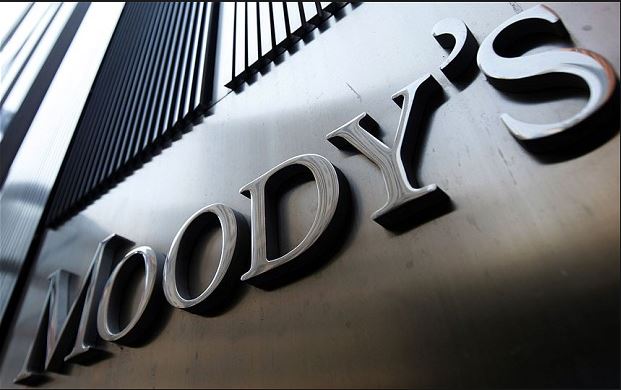Kenya’s huge borrowing requirements has pushed down the country’s rating to negative from stable.
This negative outlook of B2 by Moody’s rating agency reflects the rising financial risks posed by Kenya’s huge borrowing requirements, which include amortization of external bilateral debt and the need to refinance a large stock of short term domestic debt.
Already, Kenya’s fiscal health is fast deteriorating as the closure of businesses and loss of jobs in key sectors erodes the country’s tax revenue base.
The rating agency notes that this debt structure also exposes Kenya’s fiscal metrics to exchange rate and interest rate shocks. Moody’s reckons that while Kenya does not face acute financial pressures at present, severe tightening of financial conditions will challenge the Government’s ability to meet larger financial needs without an increase in borrowing costs.
This will threaten the Government’s medium-term fiscal consolidation efforts, a key plank of its budgetary support deal with the International Monetary Fund (IMF).
Moody’s negative ratings follows closely from a recent deal reached between Nairobi and the IMF Executive Board for disbursement of $ 739 Million to assist in dealing with impacts of the COVID-19 Pandemic.
READ; IMF Approves $739M Disbursement to Kenya
The IMF approved the disbursement of US$739 million to be drawn under the Rapid Credit Facility to support the authorities’ response to the COVID-19 pandemic.
The Fund warns that COVID-19 pandemic is taking a serious toll on the Kenyan economy, significantly reducing growth, creating fiscal and external financing needs. The Rapid Credit Facility will assist Kenya to maintain its forex reserves and protect the Shilling while providing financial muscle to enable the country to deal with coronavirus.
“The COVID-19 pandemic has delivered a large economic shock to Kenya. The pandemic has impacted nearly all facets of the economy—particularly tourism, transport, and trade—and led to urgent balance of payments and fiscal financing needs,”” said Mr. Tao Zhang, Deputy Managing Director and Acting Chair. and firms affected by the crisis. It will also catalyze necessary financing from other donors.
Mr Mohammed Wehliye, a senior advisor at the Saudi Arabian Monetary Authority, says, “It could get worse with rating agencies next week when the IMF is expected to increase Kenya’s risk of defaulting on debt repayments from moderate to high.”
A section of professionals have already differed on the status of credit rating, with many asking whether it is non-investment grade, high yield, speculative or junk.
“This is the wrong time to be downgrading African economies.Covid has already slowed down or will possibly reverse any growth made,” said Kasiva Mutisya in a tweet.
ALSO READ:
Moody’s Raises Concerns Over Kenyan Banks’ Ability to Weather Covid-19 Crisis
CBK pumps KSh 17.6 Billion in cash into banks




